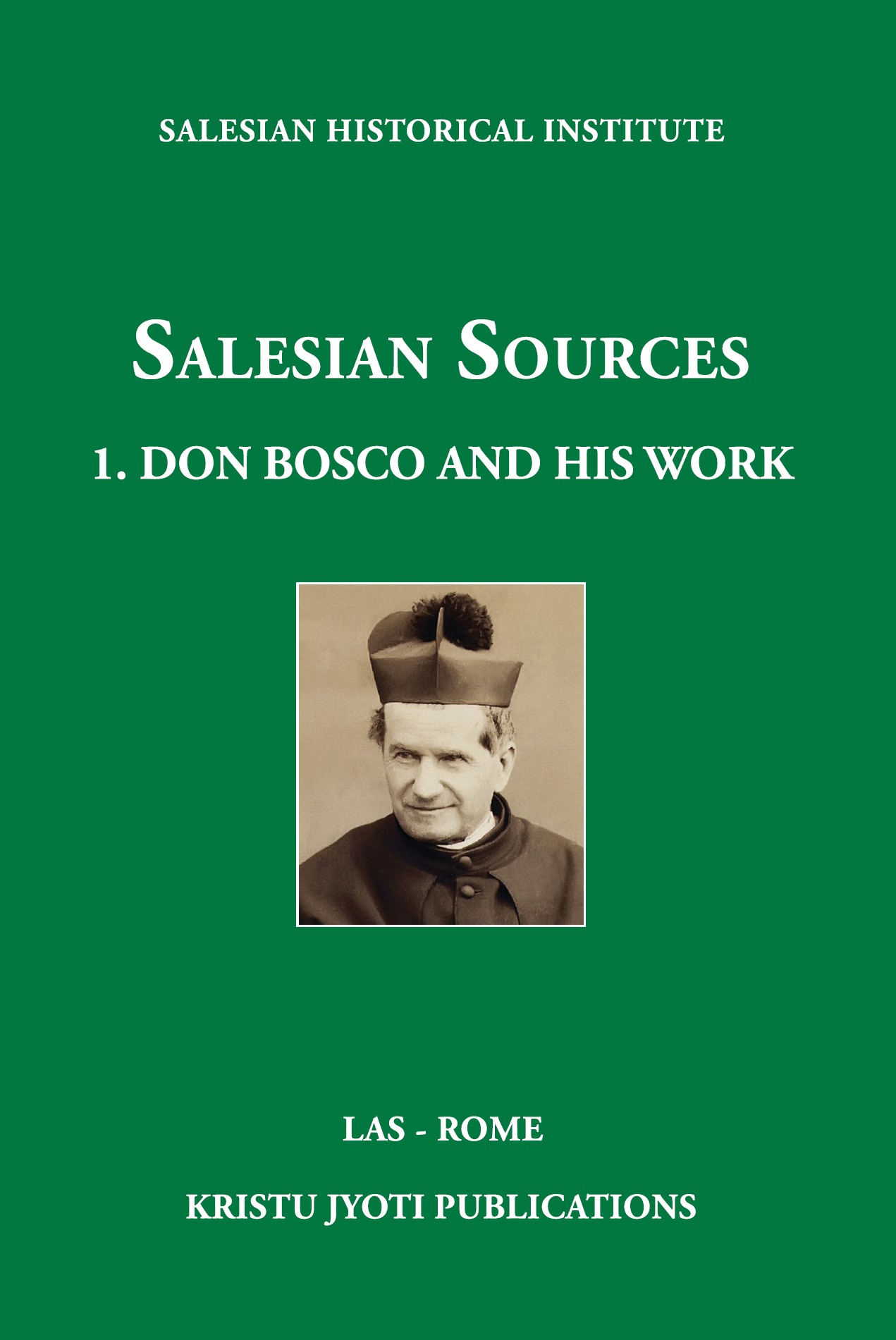The original Dutch study of “The Magna Carta of the Salesian Education” consists of two volumes. The first volume contains comments on the first part of manuscript D (Ms. D) with the text for the teachers and assistants at Valdocco. Some years later Fr. Gaston Deneve, SDB finished the second volume, commenting on the second part of Ms. D with almost the complete letter sent From Rome on 10 May 1884 to the boys at the Oratory in Valdocco, and offering further considerations concerning both parts. Julian Fox and Emmanuel Camilleri kindly reviewed and corrected this translation.
To make the comparison with the original Italian texts easier we have prepared an Auxiliary or Supplementary Booklet consisting of six columns. This was realized by Jos Biesmans, SDB and Eugeen Vanhoof, a committed cooperator. In the second volume of the Study we have indicated the pages concerned between brackets. Continue reading “Rik Biesmans – The Magna Carta of the Salesian Educational System, vol. 2” →






